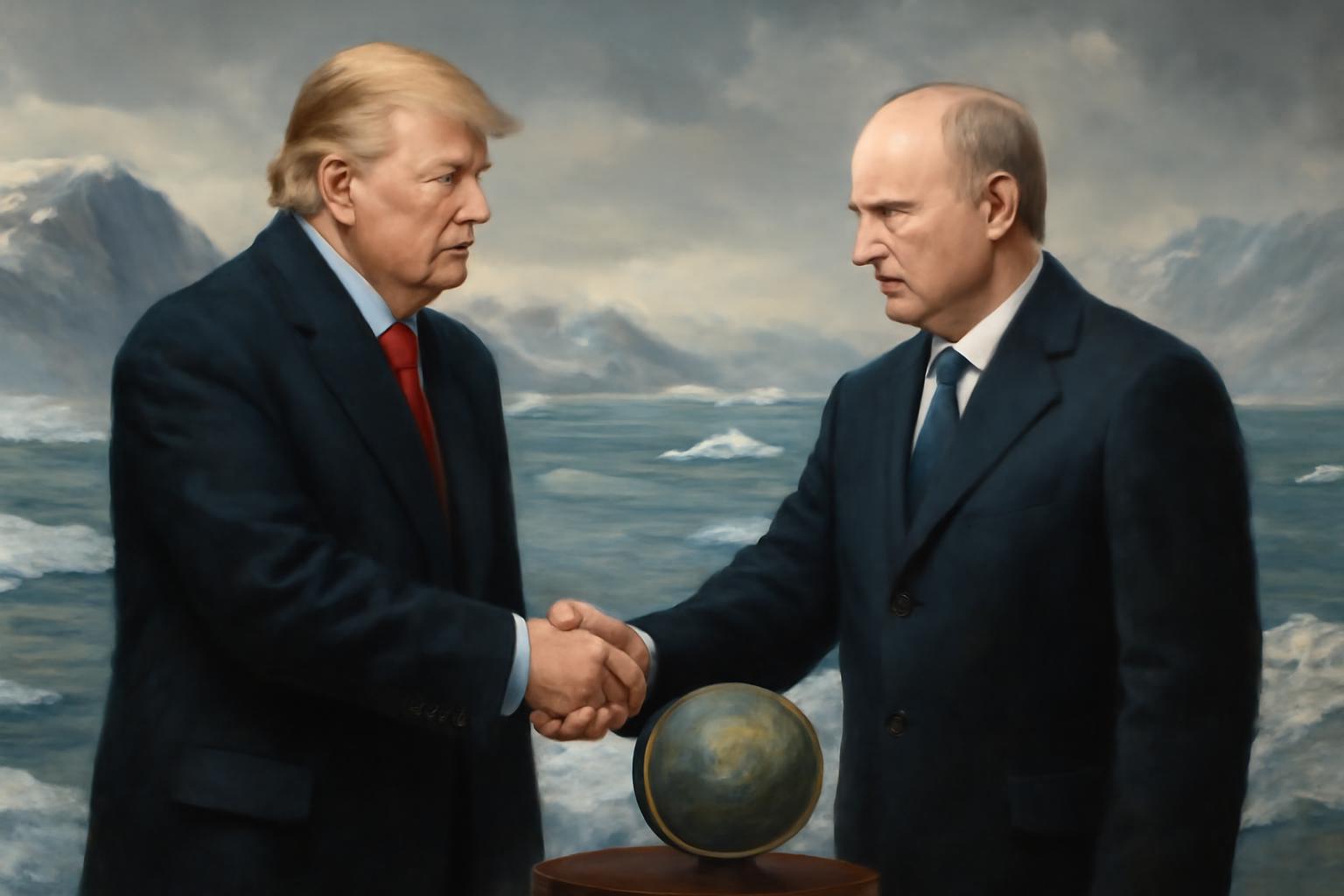Trump announced that he will sit down with Vladimir Putin on August 15 in Alaska to discuss the Ukraine war, and the chatter is that Putin will demand Kyiv concede more land before any dialogue. This will be the first face-to-face meeting between a sitting US president and Putin since 2021. Trump has been urging a swift end to the fighting, even setting a ten-day ceasefire deadline and threatening sanctions on Moscow’s trading partners if one does not materialize; he has also levied new oil‑related tariffs against India that take effect on August 27. Before the confirmation, US envoy Steve Witkoff visited Moscow for the fifth time, a visit the Kremlin called constructive. Reports suggest Putin may propose a ceasefire while demanding broader territorial concessions and international recognition of Russian claims. Trump floated a potential “territory swap” between Ukraine and Russia, though admitted it would be complicated. Zelensky has repeatedly urged direct talks with Putin, but the Russian president again refused, insisting prerequisites remain unmet. An expert suggested the Trump–Putin meeting could help Trump out of a dilemma.
Let us savor the spectacle, for it is a masterclass in geopolitical theatre. Two magnates of staggeringly inflated self-regard, meeting on a cold stage in Alaska as if warmth and wisdom could be conjured by a handshake. Putin, reportedly demanding a recognition of his limits on the map before even speaking of peace, treats territory as a currency to be spent for legitimacy, while Trump—our ever-ambitious showman—counterpoints with a ceasefire deadline and the threat of sanctions as if policy could be throttled like a flighty partner in a ballroom. The notion that personal diplomacy between these two could conjure a real settlement reads like a fairy tale whispered by those who mistake bravura for strategy.
And the domestic arithmetic is as garish as it is troubling. Tariffs aimed at India, sanctions wielded like a cudgel, a “territory swap” proposed in the spirit of a bargain bin—this is not statesmanship, it is a theater of leverage. The envoy’s visit and the Kremlin’s sigh of “constructive” chatter are merely props in the grand romancing of power, a performance designed to placate an audience that longs for decisive, easy endings to a drama that is stubbornly resistant to such endings. Zelensky’s pleas for direct talks should command respect, but Putin’s prerequisites ensure the door remains ajar to a continuation of stalemate, not a breakthrough. The expert’s line—that this meeting could alleviate Trump’s political bind—exposes the cruel irony: the most touted peace process here is less about peace than about the optics of control. In the end, this Alaska encounter promises suspense more than solution, a gilded episode in which the rich and powerful pretend they can redraw the world while the rest of us tally the cost in lives and lives of livelihoods.
